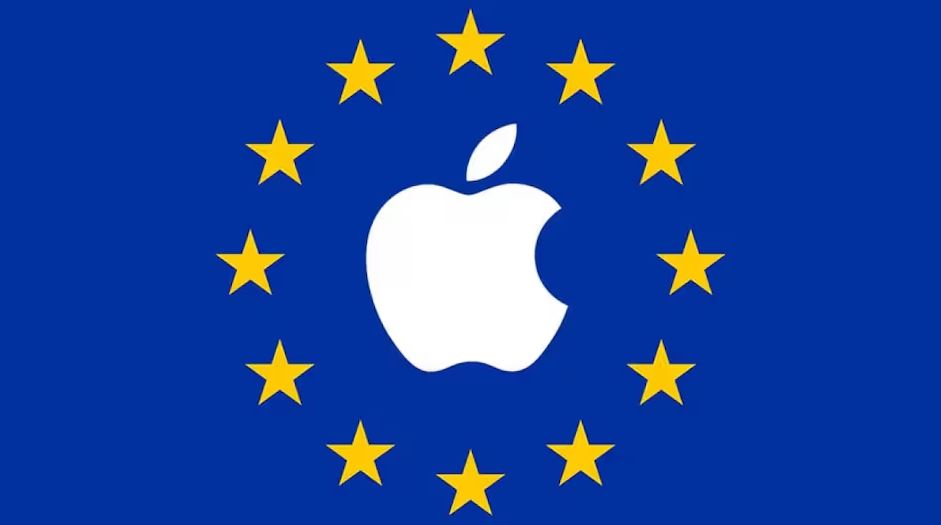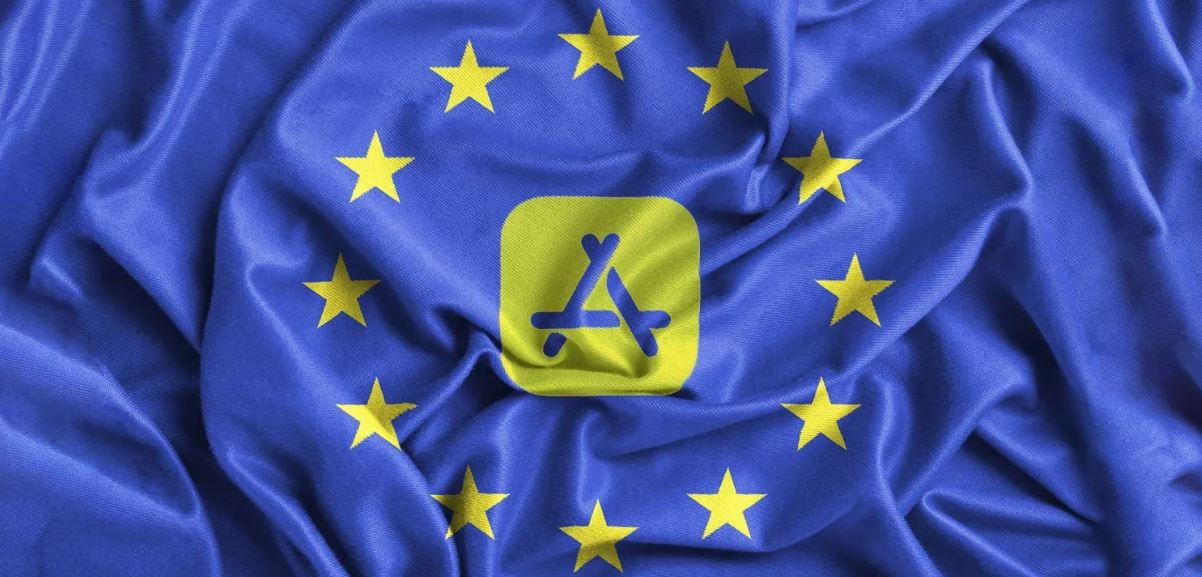The EU is a complex entity often misunderstood. Many associate it with clichés about bureaucratic regulations, like those concerning the shape of cucumbers. Today, it serves as a target not just for the new right, but also for US tech giants.
Please follow us on Twitter and Facebook
Companies such as Apple find regulations like the Digital Markets Act burdensome. The iPhone manufacturer reluctantly adheres to these rules, often making only minimal efforts to comply, as determined by a recent investigation by the European Commission which has threatened them with a billion-euro fine.
Instead of simply meeting the legal requirements of its second-largest market by sales, Apple continues to issue statements that can be seen as passive-aggressive at best—and fuel populist narratives at worst.
Navigating Regulatory Uncertainties
Apple recently informed its European users through a brief statement on Friday that they will experience delays in receiving some of the newly announced features of iOS 18. The company attributed these delays to EU regulations, yet it has not provided a detailed explanation.

According to Apple, “regulatory uncertainties that have arisen as a result of the Digital Markets Act” prevent them from offering features such as iPhone mirroring and Apple Intelligence to EU users this year.
The statement does not mention that Apple’s AI features will only be available in late summer and initially in a limited beta version. Furthermore, the company has not determined a timeline for broader availability beyond the beta phase. As a result, the headlines primarily suggest that the EU is becoming increasingly reliant on its own technological capabilities.
Read Also: iPadOS Now Subject to Strict EU Competition Rules
Low News Value but High Populist Impact
The announcement’s news value is questionable since release dates for the rest of the world remain undecided. The timing, however, is intriguing: Apple issued the press release just days before the European Commission unveiled preliminary findings from its investigation.
Intentional or not, this serves as an effective diversionary tactic. A promising new iPhone feature immediately impacts daily life, whereas a fine resulting from a complex EU antitrust directive does not. The enduring message isn’t about a company’s compliance shortcomings, but rather that the EU is detracting from customer benefits.
The European Union has gained a reputation as a bureaucratic obstacle to innovation, particularly evident since global website operators responded to GDPR with the most intrusive cookie banners imaginable.





